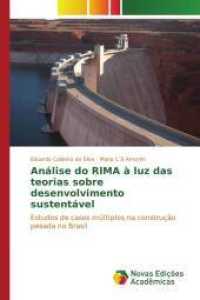Description
(Text)
Access to telecommunication data is an essential and powerful investigative tool in criminal justice. At the same time, the interception of such data can seriously affect individual privacy. This is true not only with respect to content data but also with respect to traffic data. The legal instruments and provisions that allow the gathering of these data are primarily the traditional rules on the interception of telecommunication based on the cooperation duties of telecommunication providers. In addition, access to telecommunication data can also be granted by rules on remote forensic software, by search and seizure of - temporarily or permanently - stored data, and (especially in cases of traffic and subscriber data) by production orders demanding the delivery of stored data. The rules governing these interception techniques vary considerably among the national legal orders. These differences are not only most interesting from the perspective of fundamental research in the area of comparative criminal law but also for practical reasons, such as identifying best practices and evaluating the scope of international cooperation.This publication provides a comparative analysis dealing with the commonalities and differences of these rules on interception and other means of access to telecommunication data. It also includes country reports on the following legal orders, which form the basis of this comparison: Australia, Austria, Belgium, Croatia, the Czech Republic, Estonia, France, Germany, Hungary, Italy, the Netherlands, Poland, Portugal, Sweden, Spain, the United Kingdom, and the Untited States of America.
(Table of content)
1. Introduction: Object, Aims, and Research Methods2. Comparative Analysis3. Country ReportsVolume 1: Australia - Austria - Belgium - Croatia - Czech Republic - Estonia - FranceVolume 2: Germany - Hungary - Italy - The Netherlands - Poland - Portugal - Spain - Sweden - United Kingdom - United States of AmericaAppendix: Questionnaires








